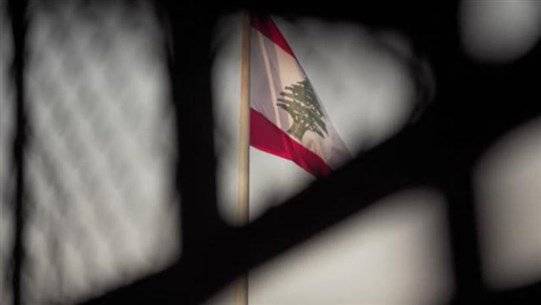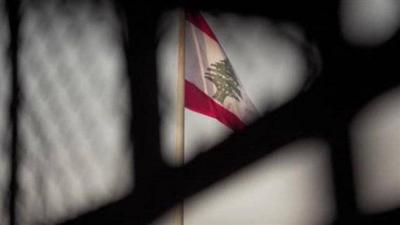Despite the ongoing Ukrainian war for six months, the world, along with the Middle East, is heading towards a new phase of settlements. This phase has begun to become clear with the maturation of the Iranian nuclear agreement, the UAE's announcement to send an ambassador to Tehran as part of restoring diplomatic relations, and Ankara's intention to name an ambassador to Tel Aviv in the coming days, suggesting a potential calm after years of storms and endless wars in the region. Washington announced that a return to the nuclear agreement is closer than it has been in two weeks, indicating that Iran has dropped some conditions that were considered major obstacles to the return to the agreement. Meanwhile, the European Union awaits the U.S. response to its proposed formula for returning to the agreement and Iran's comments. The atmosphere suggests that positivity may be on the horizon, though the matter remains unresolved until the signing of the agreement.
Undoubtedly, the return to the agreement will cast its shadow on Lebanon, which will retreat from being a battlefield and a site for messages between Washington and Tehran. It is known that all significant upcoming obligations in Lebanon await, in one way or another, the nuclear agreement, but questions arise about the issue of border demarcation with the return to the agreement. However, Europe's urgent need for gas and U.S. pressure will ultimately lead to the completion of this file.
Internally, the political arena is stagnant until after the presidential election, despite the designated Prime Minister Najib Mikati's visit to Baabda, which he is expected to visit again today. The government and ministers are managing affairs at a minimal level and refuse to enter any significant files, such as the customs dollar issue, which could have implications. There's no doubt that the post-Michel Aoun phase will not be like the previous one, and officials may be postponing all these files until after the end of the term, to launch them with a new beginning.
Regarding the customs dollar file, the tossing of responsibilities has temporarily sidelined it. The caretaker Prime Minister Najib Mikati claimed that the issue requires a law from Parliament, while the latter denied responsibility and confirmed that raising the value of the dollar is a procedural matter assigned to the Ministry of Finance. Economic expert Walid Bou Suleiman noted that "no one wants to bear the responsibility for raising the customs dollar and its implications, so it has been temporarily 'flown away,' and it is unclear if it will return to the table for approval anytime soon."
In an interview with the electronic newspaper "Al-Anbaa," Bou Suleiman pointed out that "there are alternatives to secure revenues for the state, like imposing taxes on coastal properties, or on unused lands, or even imposing selective taxes and fees on some products to avoid repercussions on the poor and middle classes, such as expensive cars." In response to a question about sourcing revenues to pay for increases approved for the public sector, Bou Suleiman revealed that "the only solution is to print more of the national currency, but that will mean inflation."
In this context, a national union conference is expected to be held today with the participation of public sector employee organizations and associations, particularly the administrative body of the General Administration Employees Union, which has not retracted its strike despite breaches that occurred. The head of the union, Nawal Nasr, indicated that "the participants will discuss the current situation and propose solutions to secure employees' rights." In an interview with the electronic newspaper "Al-Anbaa," she noted that "employees who breached the strike will return to it in larger numbers, some may have been afraid of threats or enticed by increases, but they soon realized that there was no benefit except by returning to the strike." Regarding the dismissal of employees if absent from work for 15 days, Nasr confirmed that "the state cannot dismiss any employee according to the constitution and international agreements, and they must secure our transportation to go to our workplaces."
Thus, daily life in Lebanon is marked by crises and strikes that have even extended to the judicial body, as 400 judges announced the continuation of their strike. What kind of country will be governed when even its judges have decided to strike?




